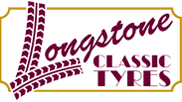Panther Tyres
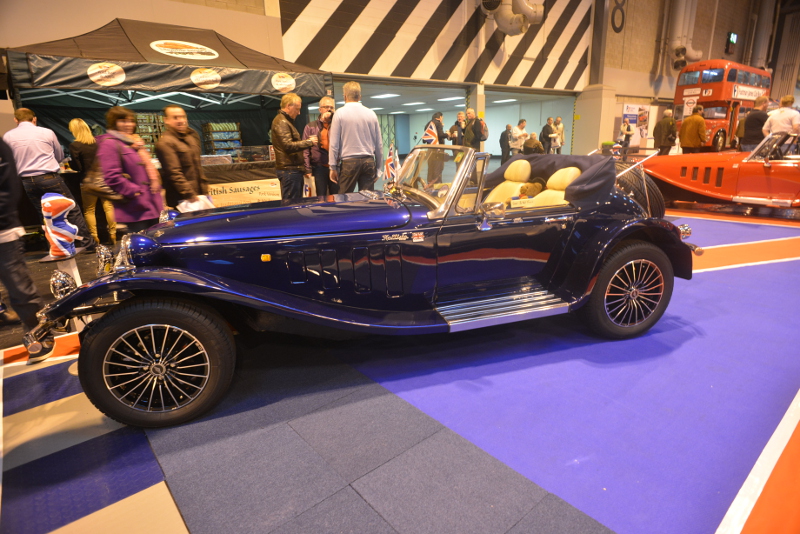
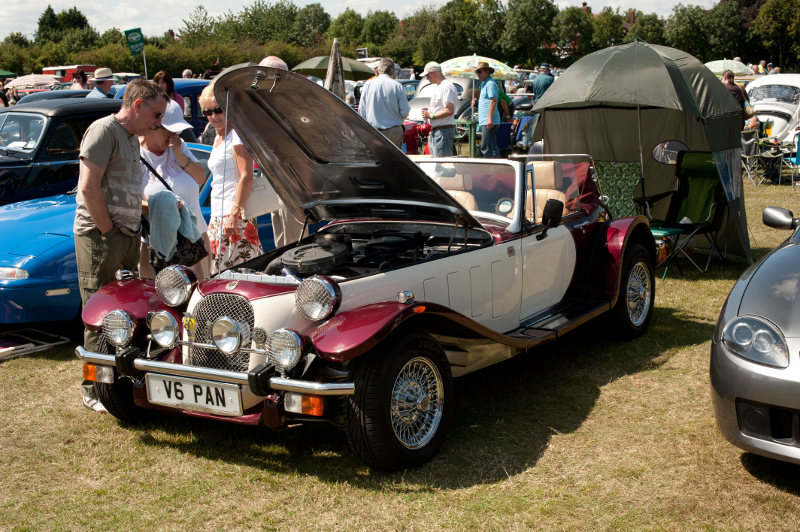
Classic Panther Tyres
On the following pages, Longstone Classic Tyres give classic tyre fitment recommendations for Panther cars.
If your Panther is not listed, don't panic! Please give us a call on:
01302 711 123
or
Email: sales@longstonetyres.co.uk
Vintage Panther Tyres
Longstone Tyres can provide tyres for across the whole Panther range, from the luxury J72 to the more sporty looking Lima.
Panther Tyres
The following list are our recommendations for Panthers:
- 205/70 VR 15 Michelin XWX for a Panther J72.
- 185/70 R 13 Michelin XDX for a Panther Lima & Panther Kalista.
- 235/70 R 15 Avon Turbosteel for a Panther De Ville.
Panther History
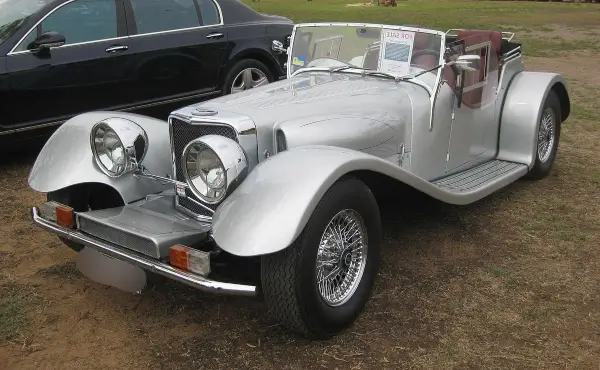
Panther was founded in 1972 by Robert Jankel and initially produced retro-styled automobiles based on the mechanical components of conventional road vehicles from other automakers. Industrial Marine Fibreglass (IMF), situated on the Milber Industrial Estate in Newton Abbot, Devon, made the Panther Lima bodyshell out of fibreglass. Panther also produced the Rio in 1975, which was based on the Triumph Dolomite but outfitted to "Rolls-Royce standards" and cost the same as three Triumph Dolomites.
During the late 1970s, the business was working on a hovercraft that would use a pair of Honda Gold Wing 1000cc motorcycle engines, one for the lift fan and one for the directional thrust fan. This was created in some secrecy at the house of one of the company's directors in a barn in Surrey, with technical assistance from a specialised race technician. When the firm failed, progress and development came to a halt. The vehicle's current location, or even existence, is undetermined.
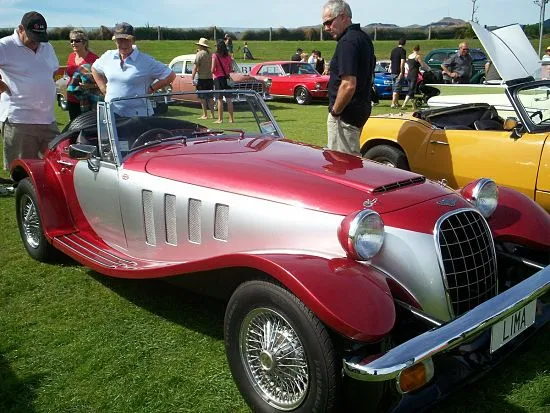
Panther Westwinds went bankrupt in 1980 and was bought out by Young Chull Kim. J72, DeVille, and Lima production resumed in 1981. In 1982, Young Kim's Jindo created the steel chassis framework and aluminium body for a Ford-based automobile to replace the Vauxhall-based Lima. Production of the new two-seater; to be called Kallista, began in February 1983. In January 1984, production was moved to a second building within the Brooklands racecourse, where it remained until April 1988. Jindo sold its stake in the Panther Car Company to SsangYong in July 1987. In February 1988, a new Panther vehicle plant opened in Harlow, Essex, for the new Panther Kallista convertible, and manufacturing began there as well as at Brooklands.
Later, in 1983, work on the new Panther Solo began. Solo was redesigned from a rear-drive two-seater to a four-wheel-drive two plus two. SsangYong announced the discontinuation of Kallista manufacturing at Harlow in the spring of 1990, followed in the autumn by the news that Solo manufacture would also be discontinued. SsangYong shipped the pieces to South Korea, where they created a glass-reinforced plastic body for the Kallista, which would be put on a chassis that had been modified to expand internal width by 4 centimetres. Despite the fact that a number of broad body new Kallista models were launched in Europe in the 1990s, it was not a hit. Due to financial difficulties, SsangYong's automobile division was incorporated by Daewoo in 1999. Jankel repurchased the Panther brand from Korean ownership in 2001. When he died in 2005, he was nearing completion of a revolutionary sports vehicle design. Andrew Jankel, his son, characterised it as an "unfinished symphony".
